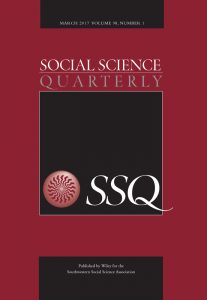Cancer is Not a Pink Ribbon (part 1)
As a belated nod to ‘Breast Cancer Awareness Month’ (October, in the USA), and the plethora of pink, breast-cancer-sponsored items now on sale, I want to talk about the rise of the pink ribbon campaign and the concept of ‘pinkwashing’. Breast cancer and the pink ribbon campaign is probably one of the biggest success stories, in terms of its ability to raise awareness and ultimately, save lives. Breast cancer activism started in the 1980’s, in part as a reaction to...





